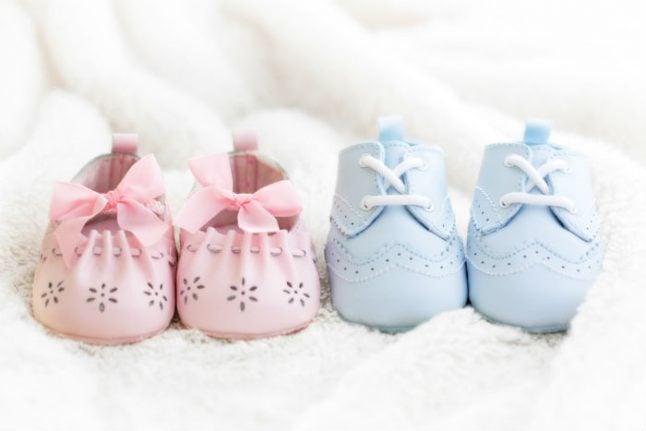Police officer Petter Kesselmark described the unusual incident which saw him and his colleague Stina Strömberg flagged down by a nervous soon-to-be dad at a roundabout in Norrköping, eastern Sweden, in the early hours of Sunday.
“There was a car parked on the roadside and a man was waving frantically at us. The back door was open and I said to my colleague: do you think there's a birth about to happen?” he told regional newspaper Corren.
But the pair quickly sprang into action when they realized that was in fact the case.
“There were only minutes left so my colleague took care of the woman and we came up with a blanket, while I talked to the emergency services and a midwife on the phone and could pass on that everything was cool and all we had to do was receive the child,” said Kesselmark.
The healthy baby girl was born inside the car at 12.07am. An ambulance which arrived at the scene minutes later took the mother and the newborn to hospital for a check-over.
A while later they got a visit from their unexpected helpers.
“They were so happy and we felt honoured to have been part of this and to have shared it with them. We walked around with big smiles on our faces later, said Kesselmark.




 Please whitelist us to continue reading.
Please whitelist us to continue reading.